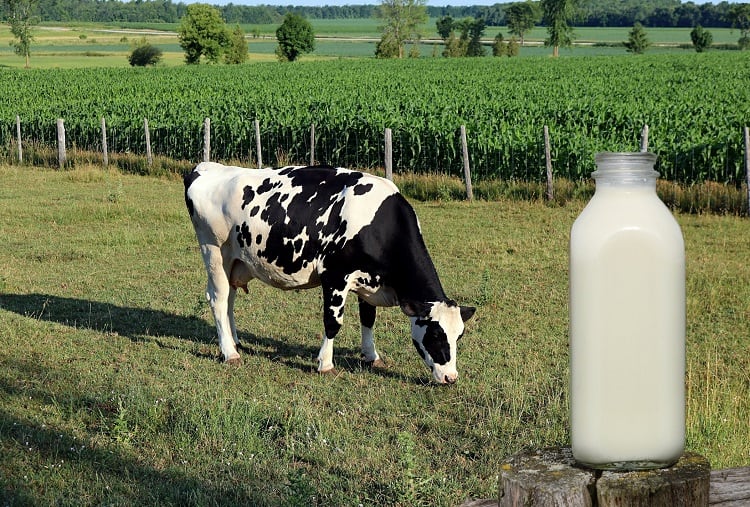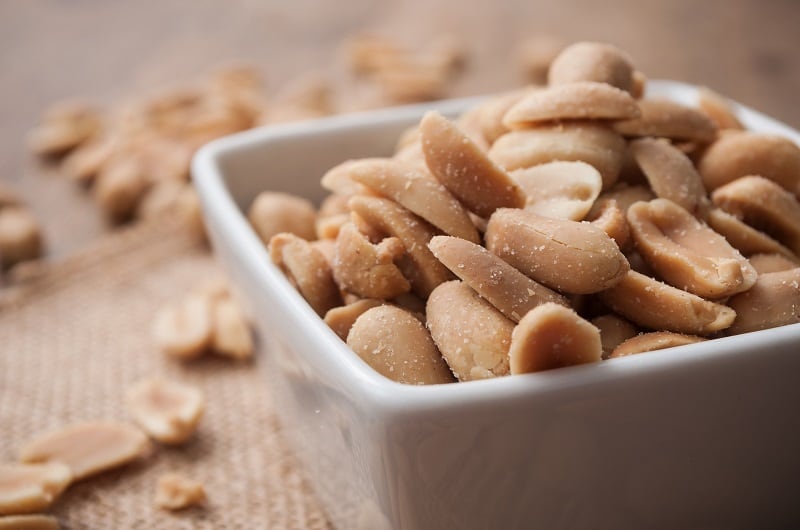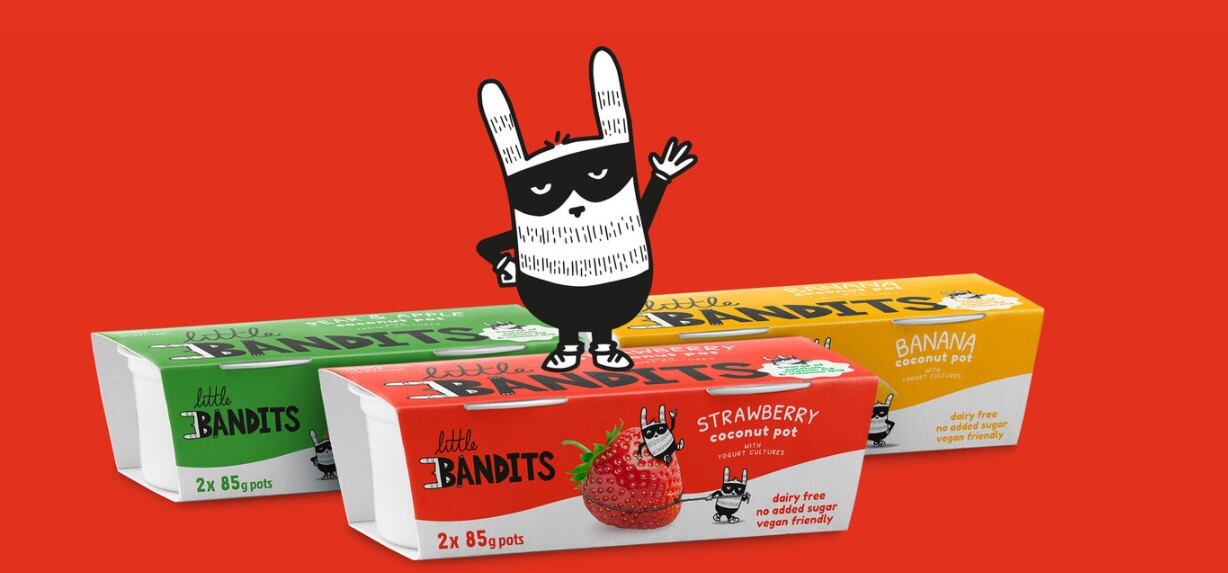Allergies, the most common chronic diseases affecting children, are on the rise.
According to the European Academy of Allergy and Clinical Immunology (EAACI), the number of children with allergies has doubled in the last 10 years, and visits to A&E have increased seven-fold.
Food allergies vary across the bloc. In continental Europe, the most common allergies are triggered by fresh fruit and vegetables, whereas in Anglo-Saxon countries, most food allergies relate to hazelnuts, peanuts and walnuts. In Northern Europe, allergy to fish and shellfish are the most common.
There are many factors that can lead to the development of a food allergy, including genetic predisposition. However, it has also been suggested that diet can play a role – particularly concerning a reduced risk of allergy in children.
The diet factor
In a study spearheaded by Sweden’s Chalmers University of Technology, together with Stockholm’s Karolinska Institutet, the University of Gothenburg, and Umeå University, researchers sought to determine what role cow’s milk plays in allergy risk in children.
“Diet is a factor where parents themselves can have direct influence,” noted doctoral student at Chalmers University of Technology and first author of the study, Mia Stråvik. “It is quite common nowadays for young women to avoid drinking milk, due in part to prevailing trends and concerns, some of which are linked to myths about diet.”
However, allergy to milk protein is relatively uncommon in adults. This means that most women can consume milk and dairy products without digestive issues. Where lactose intolerance is a concern, the researcher stressed that lactose-free dairy products can be consumed without issue.
The study surveyed more than 500 Swedish women’s eating habits and the prevalence of allergies in their children at 12 months of age.
‘The association is clear’
Mothers gave detailed accounts of their eating habits at specific times throughout their pregnancy: in the 34th week, again at one month after birth, and the final time four months after birth.
When the children turned one-year-old, they were examined. Of the 508 children analysed, 7.7% had a diagnosed food allergy at one year of age, most commonly to cow’s milk or eggs, or to both. A total of 6.5% were diagnosed with atopic eczema, and the same were diagnosed with asthma.
And 6.5% were had allergies of some type, including non-food-based allergies, at 12 months of age.
The study verified the women’s reported intake of milk and milk products through biomarkers in their blood and breast milk. The biomarkers, explained Stråvik, are two fatty acids formed in the cow’s stomach which are specific to dairy products.
Findings revealed a ‘clear connection’ between the mother’s consumption of milk and dairy products and a smaller incidence of food allergy in their children.
“We have found that mothers of healthy one-year-olds consumed more cow’s milk during breastfeeding than mothers of allergic one-year-olds,” noted Stråvik. “Though the association is clear, we do not claim that drinking cow’s milk would be a general cure for food allergies,” she stressed.
A ‘kickstart’ to the immune system?
Study co-author Malin Barman, Assistant Supervisor to Mia Stråvik, reiterated the clear association between the intake of cow’s milk and a lower risk of allergy. “No matter how we looked at and interpreted the data, we came to the same conclusion.
“The mechanisms behind why milk has this preventative effect against allergies, however, are still unclear.”
One hypothesis suggested by the researchers concerns an association between cow’s milk and the stimulation of the immune system in the child’s immune system.
“In a child’s early development, there is a time window where stimulation of the immune system is necessary for the child to develop tolerance to different foods,” noted Stråvik's supervisor Professor Ann-Sofie Sandberg.
Early contact with various microorganisms can work as ‘something of a kickstart’ for a child’s immune system, she explained. This is known as the hygiene hypothesis.
“But, with the lower prevalence of microorganisms nowadays in our more hygienic society, substances taken in through the mother’s diet can be another way to stimulate the maturity of the immune system.”
A link between fruit and eczema?
The researchers also noted that children of breastfeeding mothers, who were eating a lot of fruit and berries at the four-month mark, were more likely to suffer more severely from eczema.
Stråvik stressed that further studies would be required before any conclusions can be made about this association.
A follow-up study is planned to examine the children’s health at four years of age.
Source: Nutrients
‘Maternal intake of cow’s milk during lactation is associated with lower prevalence of food allergy in offspring’
Published 28 November 2020
DOI: https://doi.org/10.3390/nu12123680
Researchers in Sweden, from Chalmers University of Technology in Gothenburg, Stockholm’s Karolinska Institutet, the University of Gothenburg, Umeå University.
Authors: Mia Stravik, Malin Barman, Bill Hesselmar, Anna Sandin, Agnes E. Wold and Ann-Sofie Sandberg.





